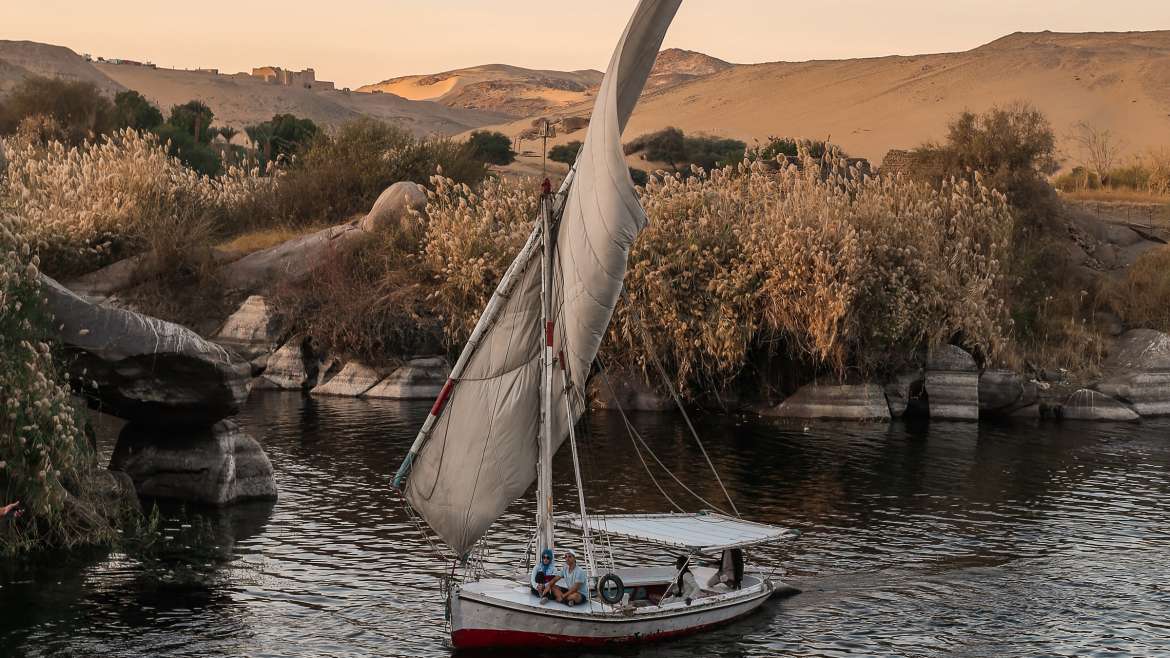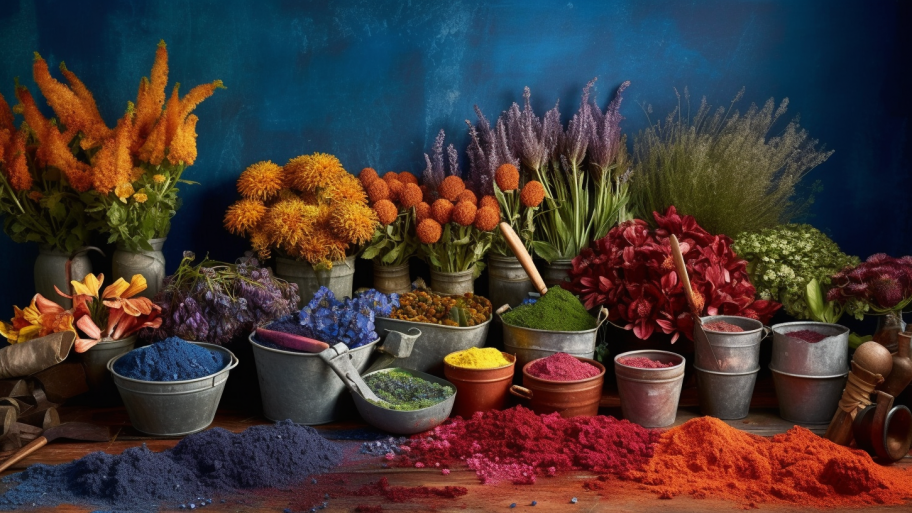The Nile River, often referred to as the lifeblood of ancient Egypt, played a critical role in the development and success of Egyptian agriculture and gardening. This majestic river, spanning over 6,600 kilometers and passing through eleven countries, provided essential water, nutrients, and fertile soil to the Egyptian landscape, fostering the growth of diverse plants and enabling the establishment of a thriving civilization.
The Nile’s annual flooding was a vital event for ancient Egyptian agriculture. Each year, the river’s floodwaters would inundate the surrounding land, depositing a layer of nutrient-rich silt that revitalized the soil and created ideal conditions for planting. This natural fertilization process enabled the Egyptians to cultivate a wide variety of crops, including wheat, barley, flax, and numerous fruits and vegetables.
Recognizing the importance of the Nile for their livelihood, the ancient Egyptians developed ingenious techniques to harness and manage its waters effectively. They constructed a network of canals, dikes, and reservoirs to control the flow of water and distribute it to their fields and gardens, allowing them to grow crops even during periods of low water levels. This advanced irrigation system enabled the Egyptians to maximize their agricultural productivity and support a large and prosperous population.
Today, modern gardeners can draw inspiration from the ancient Egyptians’ innovative use of water resources and apply these principles to their own gardening practices. For example, efficient watering techniques, such as drip irrigation, can help conserve water while still providing plants with the moisture they need to thrive. Amazon offers a wide range of drip irrigation products, like the Raindrip R560DP Automatic Watering Kit, which is an excellent choice for implementing this water-saving method in your garden.
Additionally, the ancient Egyptians’ use of natural fertilizers, such as the silt deposited by the Nile, serves as a reminder of the importance of maintaining soil fertility for successful gardening. Modern gardeners can turn to organic fertilizers and soil amendments to enrich their gardens. For instance, Espoma Organic Bio-Tone is a popular, all-natural fertilizer designed to improve soil health and promote strong plant growth.
In conclusion, the Nile River played an indispensable role in the flourishing of ancient Egyptian agriculture and gardening, providing the essential water and nutrients needed for the cultivation of diverse crops. The Egyptians’ innovative techniques for harnessing the river’s resources offer valuable lessons for today’s gardeners, emphasizing the importance of sustainable water management and soil fertility. By embracing these principles, we can create bountiful and resilient gardens that honor the legacy of this ancient civilization.
In the upcoming article, we delve into the rich horticultural legacy of Ancient Egypt, as well as explore ten plants from this culturally opulent civilization that can thrive in contemporary gardens.




